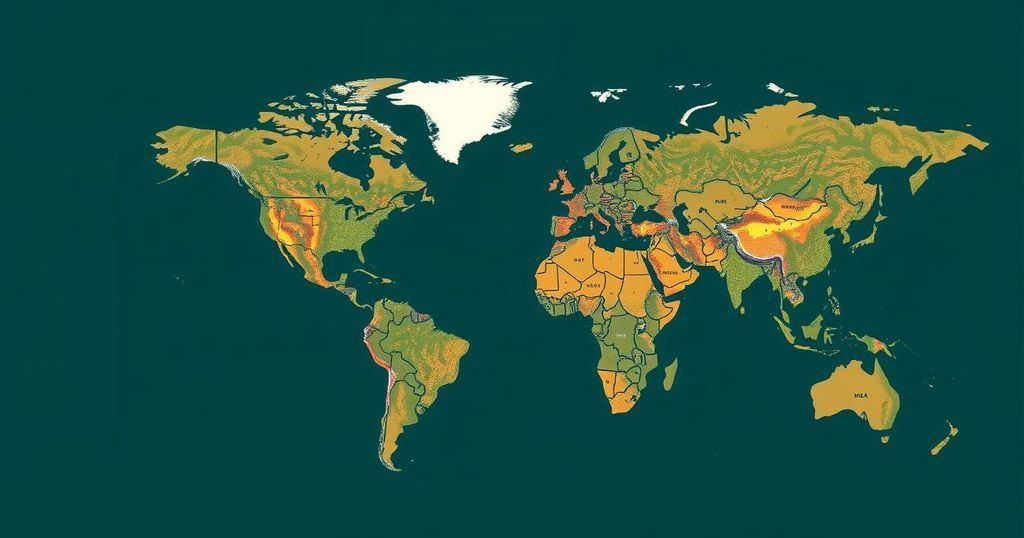Developing nations have rejected a $300 billion annual climate deal as inadequate, describing it as an “optical illusion.” The pact, reached during COP29, falls short of the estimated $390 billion deemed necessary by experts. Representatives from poorer countries expressed deep frustration over the lack of substantial financial support, stressing that the solution to climate impacts requires a stronger commitment from wealthier nations.
On Sunday, a contentious climate financing pact was finalized, with developing nations categorically rejecting the $300 billion annual commitment from wealthy nations as insufficient. The agreement, achieved after two weeks of intense negotiations among nearly 200 countries, was met with immediate backlash from representatives of developing countries who emphasized that the financial support falls short of what is required to mitigate the devastating effects of climate change. India’s representative referred to the pledge as an “optical illusion,” while others corroborated this sentiment, citing a lack of genuine commitment from richer nations to support the most vulnerable populations facing ongoing climatic challenges.
Protests during COP29 highlighted accusations against developed nations for negotiating insincerely, undermining the aspirations of poorer nations that arrived in Baku with hopes for significantly increased funding. Climate envoy for the Marshall Islands, Tina Stege, acknowledged the lack of sufficient financial support but deemed the agreement a foundational step towards future discussions.
The negotiations at COP29 in Baku were marked by deep-seated division, particularly concerning the responsibilities of developed nations in financing climate action for developing countries. Historically, wealthier nations have been the primary contributors to global greenhouse gas emissions, placing a disproportionate burden on less affluent countries that face dire impacts from climate change. The agreement reached aims to secure a minimum of $300 billion annually by 2035, while many experts have argued that a more just contribution would be closer to $390 billion. The dynamics of the talks were further complicated by the political landscape, including new leadership in the United States and resistance within European nations toward increased public climate financing due to economic uncertainties.
In summary, the $300 billion climate deal reached at COP29 has been met with significant disappointment from developing nations, which perceive the commitment as a mere fraction of what is necessary to address the climate crisis effectively. While some officials acknowledged it as a starting point, the consensus among many advocates is that it is a mere insufficient gesture rather than a comprehensive solution. The ongoing struggle for equitable climate financing underscores the urgent need for developed nations to elevate their commitments, reflecting the gravity of the impending climate challenges faced by the most vulnerable countries.
Original Source: www.al-monitor.com






